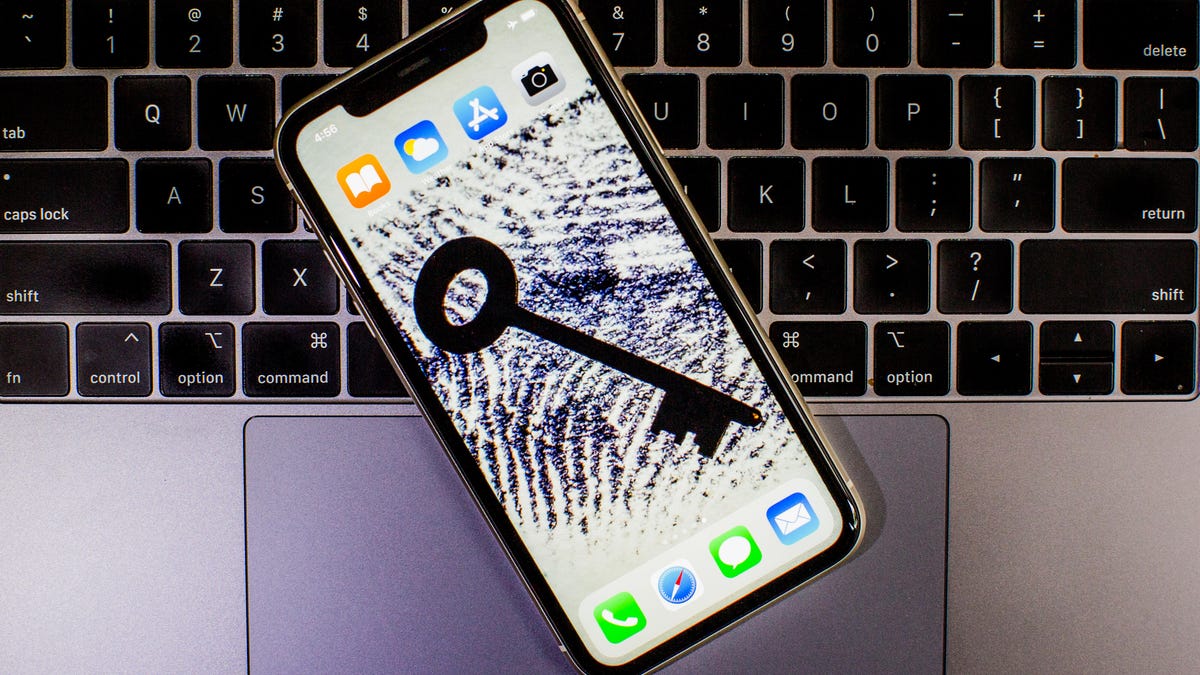Google blocking 18M malicious coronavirus emails every day
Criminals use fear and false financial incentives to try to trick you out of vital information and money.

Google says hackers are using fear to try to extract vital personal information from you.
Hackers hoping to exploit your worst fears see an opportunity in the coronavirus outbreak. Google said Thursday it's seen and stopped 18 million malicious emails each day in the past week related to the pandemic.
These emails, which contain malware or phishing attempts, are in addition to the 240 million spam messages related to COVID-19 that the company sees daily, Google said in a blog post.
"The phishing attacks and scams we're seeing use both fear and financial incentives to create urgency to try to prompt users to respond," Google said.
Some of the emails impersonate government agencies such as the World Health Organization to try to solicit fraudulent donations or install malware. Some target small businesses with scams related to economic stimulus packages, while others masquerade as companies as they try to steal personal information from people working from home.
An example of a phishing email exploiting coronavirus fears.
"Our [machine learning] models have evolved to understand and filter these threats, and we continue to block more than 99.9% of spam, phishing, and malware from reaching our users," Google said.
This is business as usual for hackers, who often use current events to trick their victims, whether it's apps that promise you free access to Oscar-nominated movies or scams that scoop up your tax refund.
Security experts say one of the fastest-growing hacking tactics is to use the coronavirus crisis as a ruse. Zscaler, a security firm, said hacking threats on systems it monitors have increased 15% a month since the beginning of the year, and that in March, they jumped 20%.
Google recommends not downloading files that you don't recognize, confirming the legitimacy of URLs before providing login information and taking its Security Checkup to protect your Google accounts.

